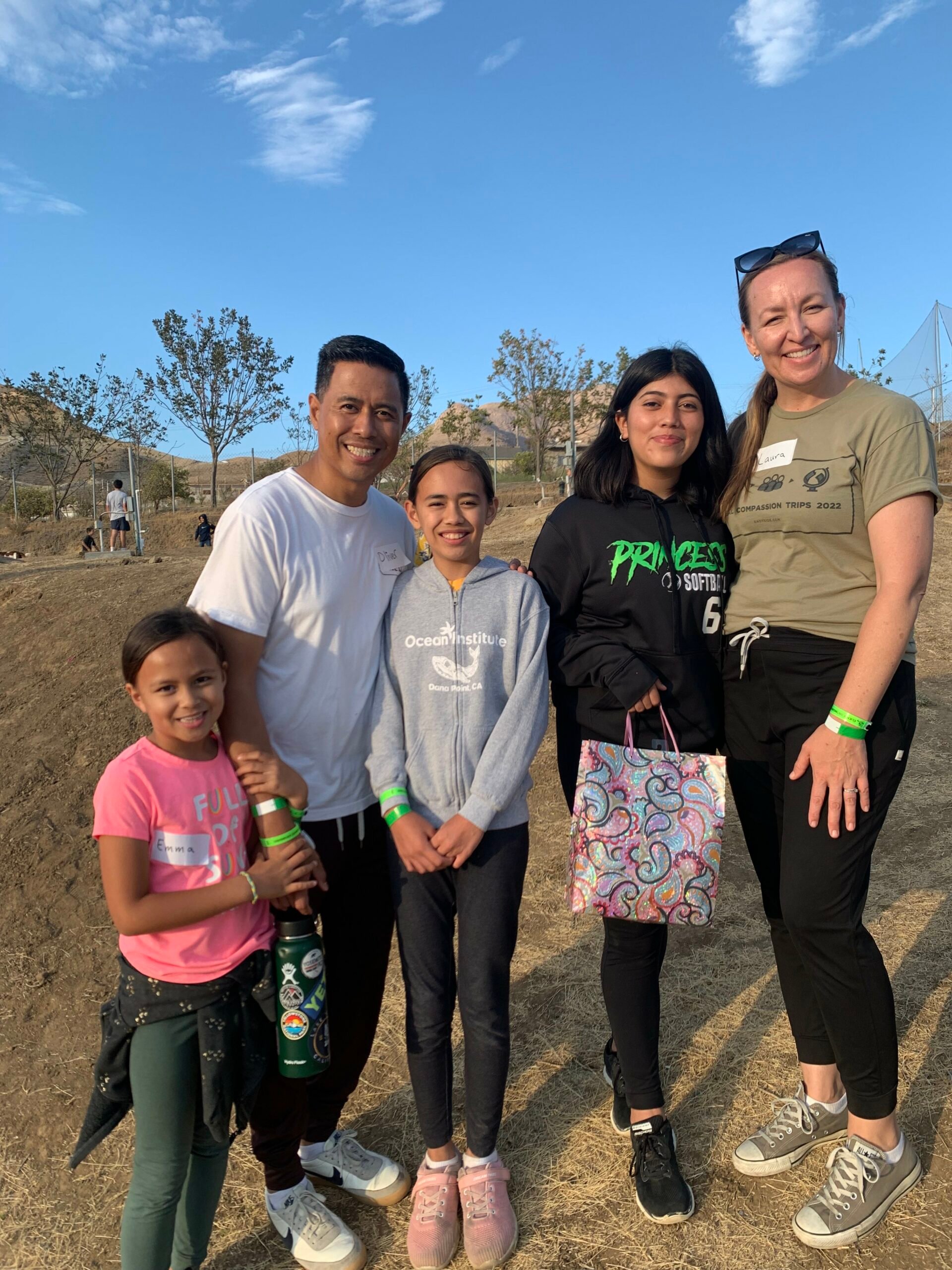watch and read
inspiring stories

Instant Family
We we’re all inspired by the movie “Instant Family” with Mark Wahlberg. Hear one family’s story about their adoption. My name is Peter and this is my wife, Jennifer. We’ve

One Hundred Year Family Legacy
Joni and Nangsar Morse share their story learn more about global trips The Morse family is the stuff of legends, starting with one young couple answering God’s call to join

Freedom From Depression
Letha shares her story about discovering freedom from depression. My name is Letha, and I am one of the group leaders for a mental wellness support group. I was molested

The Courage To Put Pride Aside
Aaron shares his story about finding faith and why he chose to get baptized. I was resistant to accept Jesus because of my pride. I thought I had it all

Support Group For Single Moms
Nicole shares her story about finding a support group for single moms. At age four, I told all the kids in the neighborhood that my name was Dorothy. This fascination

The Hits Kept Coming
THE HITS KEPT COMING…Bronwen’s first person narrative of her Unfinished journey On August 16, 2022, Chuck was hospitalized for multiple symptoms that didn’t make sense. Test results were all over

Street Shaves
Street Shaves began as a small initiative, but its impact has grown quickly in the heart of Redlands, CA. near our Eastside Christian Church Redlands Campus. Street Shaves is a

Finding Support During Grief
My name is Nadia. I started coming to Eastside about six years ago. My husband and I became pregnant, and we were looking for a home church after I lost

Wondering About Starting A Small Group
start a group Colin & Kylie share their experience in taking the step of faith to start a small group. One of the best things about starting a small group

Olive Crest Helps Families In Crisis
Olive Crest helps families in crisis Seeing the world through the eyes of children is one of the many reasons the Davila family feels blessed to open their home as

A Challenging Season Helped Me Find New Friends
A year and a half ago, my life took an unexpected turn as I found myself going through a divorce. The pain and turmoil I experienced during that time seemed

Looking For A Newly Marrieds Small Group
Eric and Kendra share why they started a newly marrieds small group… During my college years at Eastside’s Young Adults, I had the privilege of being a table leader, which

Not Just Another Small Group
Toby had no idea the impact his new small group would have on his community. In his own words, he describes the journey he and his wife took to belonging.

From Boys To Men: A Catalyst For Change
David shares how he watched his students change from boys to men. David has led a student small group since 2014. The students in his group just graduated in 2023.

In Oceans Deep My Faith Will Stand
Joshua shares how the lyrics “In Oceans Deep My Faith Will Stand” helped him find hope & healing **Trigger warning – suicide attempt.** As a child, I was very outgoing and funny….. well I

Your Generosity Provides Joy
the inspiration behind the Joy Jars Because of the tremendous generosity of so many Eastsiders we are able to support amazing organizations like NEGU (Never Ever Give Up). Recently, we

What Does Compassion Look Like
What does compassion look like at mercy house? My name is Jacob, and I’m the Development Director at Mercy House a non-profit organization that serves homeless individuals and families here in California

Crossing the border to meet our sponsored child
Eastside is taking three trips to Baja, Mexico, this July, where Eastsiders will help with work projects and get to know kids at Tijuana Christian Mission. Keep reading to learn
